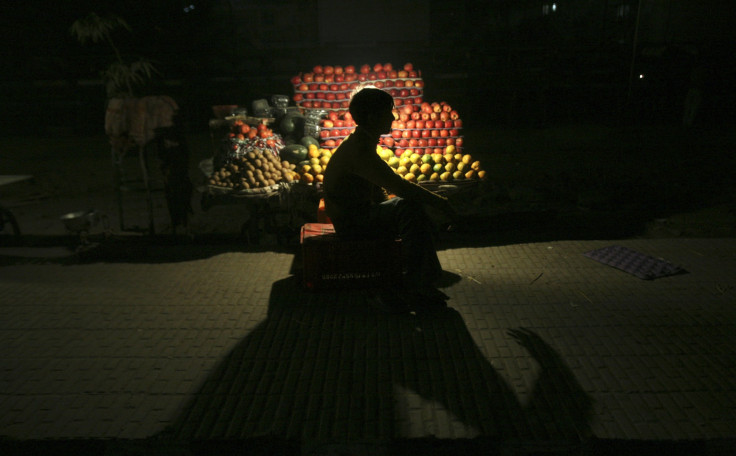India Has The Second Highest Rate Of Shadow Businesses In The World: Study

India's economy, which is one of the world’s fastest-growing major economies and is Asia's third-largest, suffers from a surfeit of unregistered businesses that significantly outnumber legitimate ones, according to a new study by London's Imperial College Business School.
Researchers found that India has the second highest rate of shadow-economy entrepreneurs operating in the country in comparison to businesses that are registered with authorities. In absolute numbers, that translates to 127 unregistered businesses for every legally authorized business, according to the study that covered 68 countries. Indonesia topped the list with more than 130 shadow businesses for every business legally registered in the country, while the Philippines, Pakistan and Egypt rounded up the top five in the list.
“Understanding shadow economy entrepreneurship is incredibly important for developing countries because it is a key factor affecting economic development,” Erkko Autio, a professor at Imperial College Business School and the study’s co-author, said in a statement. “We found that government policies could play a big role in helping shadow economy entrepreneurs transition to the formal economy. This is important because shadow economy entrepreneurs are less likely to innovate, accumulate capital and invest in the economy, which hampers economic growth.”
The study described shadow entrepreneurs as individuals who manage a business that sells legitimate goods and services but do not register it, which means that they do not pay tax and instead operate in a parallel economy where business is conducted outside the purview of the law and the government.
The study's authors estimated that business activities conducted by shadow entrepreneurs, which include unlicensed taxicab services, roadside food stalls and small landscaping operations, can make up more than 80 percent of the total economic activity in developing countries.
The shadow economy, according to the study, costs a country's government in lost tax revenues, generates unfair and unregulated competition to registered businesses, and worsens productivity, all of which can hinder economic development. And, because these businesses are not registered, shadow economy entrepreneurs are also vulnerable to corrupt government officials.
According to the researchers, if India improved the quality of its institutions to match that of Malaysia's, it could increase its ratio of formal economy entrepreneurs to those in the parallel economy by up to 50 percent, while cutting the rate of entrepreneurs working in the shadow economy by up to a third.
The U.S. appears at number 32 on the list with 2.37 unregistered businesses for each registered one, while the UK exhibits the lowest rate of shadow entrepreneurship among the 68 countries surveyed, with a ratio of only one shadow economy entrepreneur to nearly 30 legally registered businesses.
© Copyright IBTimes 2024. All rights reserved.












